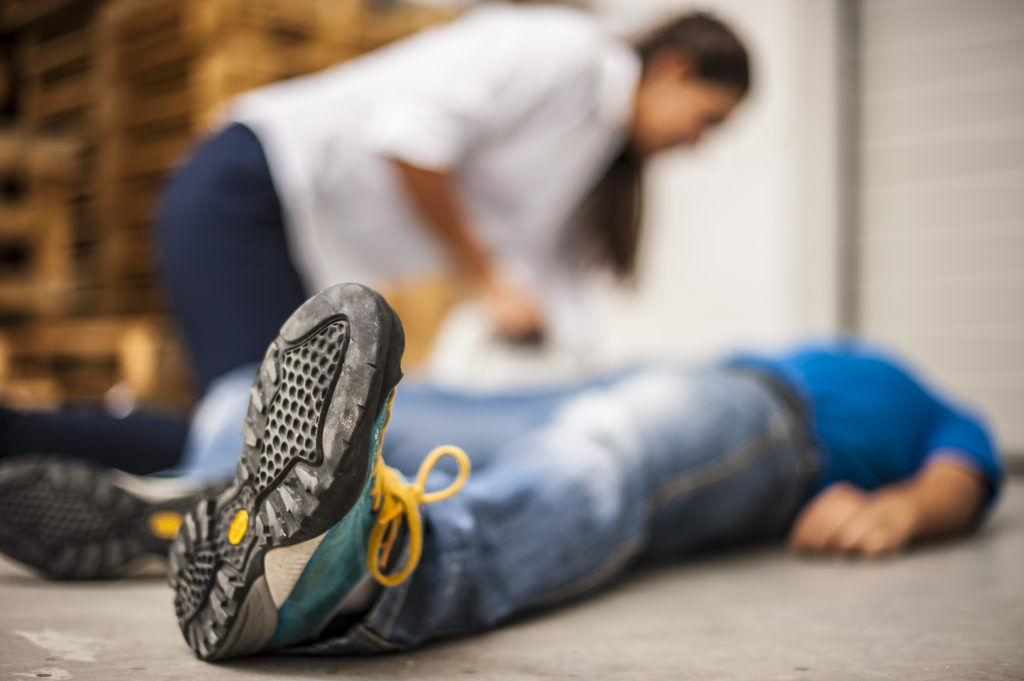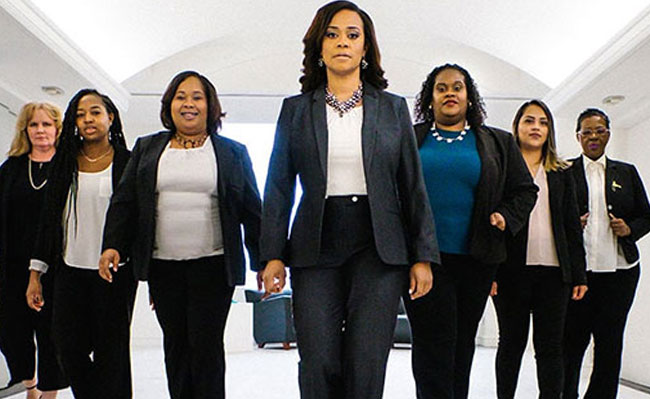
Personal Injury Lawyer
Slip-and-falls are a sub-type of premise liability claims which all fall under the negligence category, meaning that someone else’s recklessness or carelessness ultimately caused harm, which caused harm to the victim. This negligence can quickly turn into gross negligence when the lack of care is deliberate or so reckless to the safety and lives of others that it appears to be a conscious decision.
While businessowners, property managers, and supervisors have a duty to maintain a safe and consistent level of care to prevent their tenants and residents from injury, this often does not get taken as seriously as it should and can have detrimental effects. While the concept of a slip-and-fall may seem straightforward, there are other hazards which could occur that fall under the sub-type such as accumulation of ice or snow, defective staircases, wet floors, oily floors, unsecured rugs or carpets, hidden extension cords, and loose or broken floors, sidewalks, steps, or stairs. The owners of these facilities have a duty to protect, maintain, and upkeep the level of care required by law to ensure all inhabitants are occupying the space safely. Without the proper attention to maintain establishments, the owner of said building may be responsible for any damages or injuries sustained by its guests, if the duty of care is not met.
Burden of Proof: Preponderance of the Evidence
In a negligence premises liability case, the plaintiff, or in this specific case the slip-and-fall victim who is filing the lawsuit, is the person who holds the burden of proof, meaning that the plaintiff is required to prove that the defendant caused the plaintiff’s injuries.
Depending on state and local jurisdiction, some examples of points you must prove to bring a successful negligence claim could be:
- The defendant owed the plaintiff a duty of care.
- The duty of care that was to be provided was breached and safety laws could have been potentially violated.
- The plaintiff suffered direct harm because of the defendant’s actions.
Additionally, while many states require the owner of the building to give this duty of care to all people entering the building, depending on state and local jurisdiction, some states have certain limitations as to who is owed this duty of care. Visitors can be placed into these categories:
- Invitees, or someone who has the landowner’s permission, expressed or implied, to enter the property. This can include individuals such as relatives, friends, or neighbors. A duty of care is owed for this type of guest.
- A licensee, or someone who also had the landowner’s permission, expressed or implied, to enter the property, but is coming for their own purposes or gains, such as a salesperson. A duty of care is owed for this type of guest, but at a lesser level than that over an invitee.
- A trespasser, or someone who is not authorized to come onto the property. In some states, a duty of care is not owed for this type of visitor.
To bring a successful premises liability claim for a slip-and-fall, a plaintiff would have to prove that the slip-and-fall would not have occurred if not for the irresponsible actions of the owner of the property, and that the plaintiff suffered harm as a result.
If you’ve been injured due to the negligence of another, a personal injury attorney can advise you on the complexities of premises liability and negligence law and help you obtain the compensation you deserve for your slip-and-fall accident.
Thanks to Eglet Adams for their insight on premises liability with regards to slip-and-fall lawsuits.


